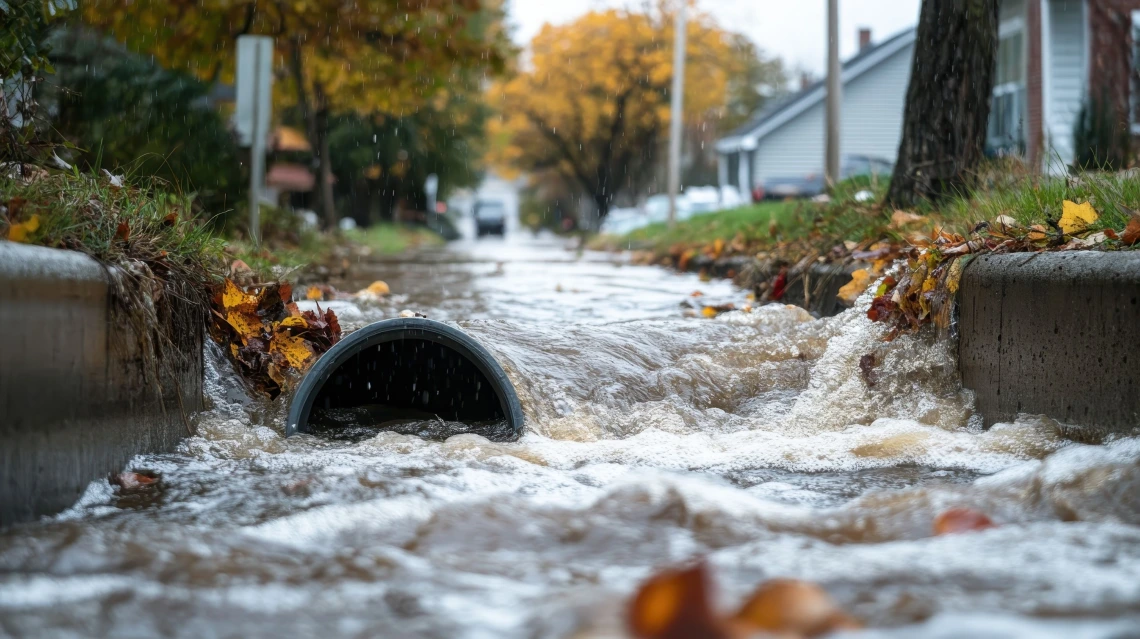Weekly Seminar Format
Available via Zoom only. Contact the department to subscribe to the email list (zoom link provided in announcement).
Abstract
A longstanding research question is how to parsimoniously model the variations in catchment-scale Precipitation-Runoff (PR) dynamics observed across different hydro-geo-climatic conditions. Previous investigations have examined physical-conceptual (PC), physics-based (PB), and machine-learning (ML) approaches. A recent modeling development is the Mass-Conserving Perceptron (MCP), which enables ML-based, physically interpretable Markovian state-space models to be learned directly from data while remaining consistent with meaningful hypotheses regarding overall system architecture.
In this talk, I will 1) present the original concept behind the development of the physically interpretable MCP computational unit, 2) demonstrate the functional expressivity of the MCP and its utility for the parsimonious construction of interpretable multi-state/multi-flow-path “HyMod-like” systems, and 3) explore the use of MCP units as components in deep, interpretable neural networks for the development of spatially lumped catchment-scale RR model architectures at a single catchment location. Further, I will share some preliminary results of the MCP-based modeling approach on the US-based large-sample (500+ catchment) CAMELS dataset and explore the values of coupling with snowpack components.
This exploration lays the groundwork for ML-enabled, physically interpretable modeling of geoscientific mass-energy conserving systems and forms the foundation for a deeper understanding of watershed science, system function, and structure.
Bio
Dr. Yuan-Heng Wang is a Postdoctoral Research Associate in the Climate and Ecosystem Sciences Division within the Earth and Environmental Sciences Area at Lawrence Berkeley National Laboratory (LBNL). He earned his Ph.D. in Hydrology and Water Resources from the Department of Hydrology and Atmospheric Science at the University of Arizona and holds BS and MS degrees in Civil Engineering from National Taiwan University. His research spans catchment- to continental-scale hydrological modeling, leveraging both physics-based and machine/deep learning approaches to integrate physics-based knowledge with AI for geoscientific modeling. Currently, his work at Berkeley Lab primarily focuses on projects within the Watershed Function Science Focus Area.


